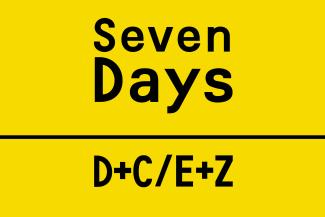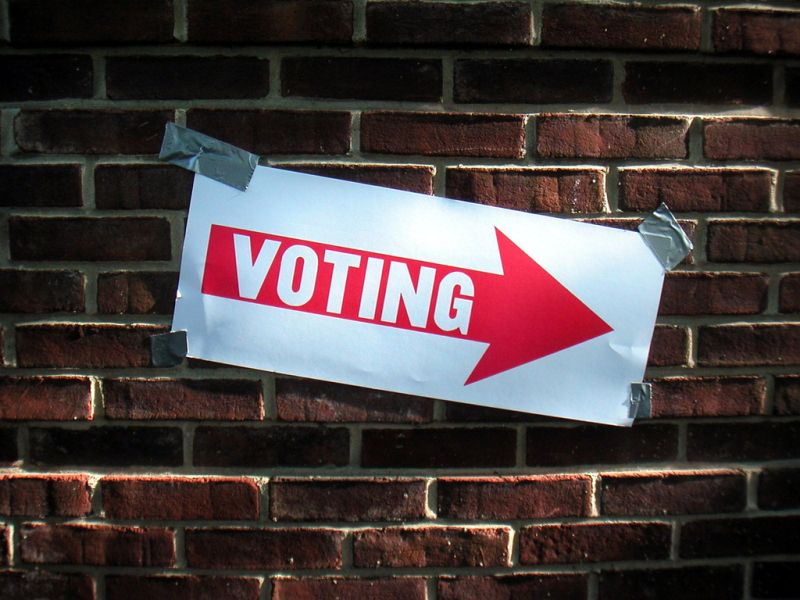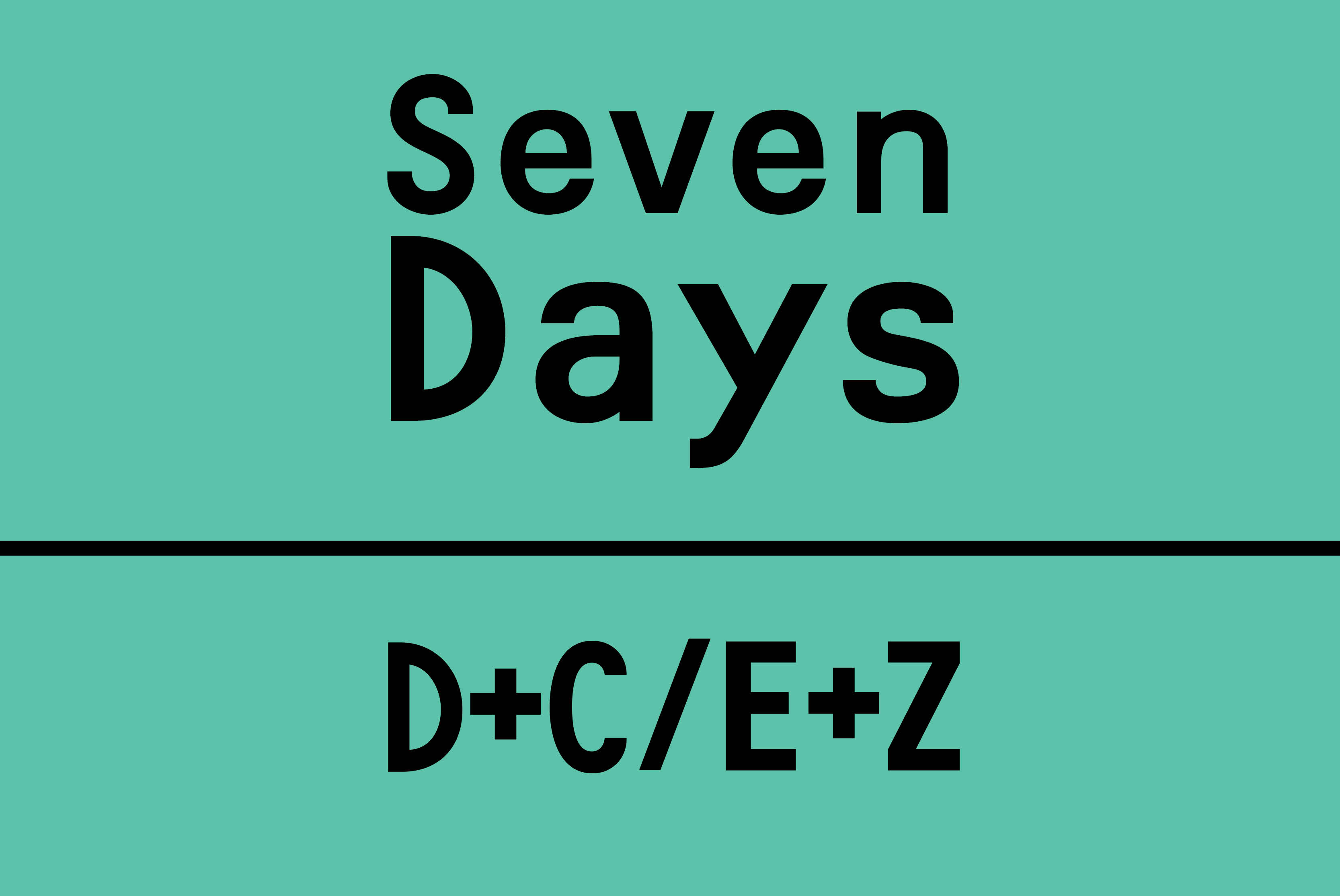In brief
News of the week

Post-2015 agenda adopted
World leaders have adopted a new agenda for global development. At a special summit in New York, the UN member states formally adopted the Sustainable Development Goals (SDGs) on Friday afternoon. The agenda will guide developmental action for the next 15 years.
The new framework titled “Transforming our world: the 2030 Agenda for Sustainable Development”, is meant to be the follow-up on the expiring Millennium Development Goals (MDGs). It will come into effect on 1 January 2016. The SDGs aim to complete what the MDGs did not achieve. They comprise 17 goals and 169 targets.
Representatives of 24 civil-society organisations have the opportunity to discuss the themes of the SDGs, such as ending poverty, tackling inequality and combatting climate change, with world leaders at the three-day event.
According to the UN, the SDGs go much further than the MDGs, because they address the root causes of poverty and pledge to leave no one behind. Another important difference is that the new agenda applies to all countries rather than just the developing world.
Sources: UN, Guardian
Link: https://sustainabledevelopment.un.org/post2015/summit
Another important step in Colombia’s peace talks
Colombia’s President Juan Manuel Santos has shaken hands with Rodrigo Londono alias “Timochenko”, the commander of the FARC militias, in Havana, where both sides are holding peace talks. They agreed to reach a conclusive peace agreement by 23 March next year.
Their publicly demonstrated optimism follows the conclusion of a difficult part of the negotiations. Both parties have agreed on a system to deal with crimes committed in decades of violence. While there will be a general amnesty, it will exempt all perpetrators who do not publicly confess and acknowledge their crimes. Moreover, the amnesty will not apply to major violations of human rights. All parties to the conflict, including various rebel movements and paramilitary organisations as well as the regular security-forces will be held accountable. Details of how the system will work have not been published.
Sources: taz, Economist
Brazil’s corruption drama
Two top operators have been sentenced to long spells in prison in Brazils on-going graft dramas. Joao Vaccari Neto, a former treasurer of President Dilma Rousseff’s Workers Party (PT), was found guilty of corruption and money laundering and is set to spend 15 years and four months behind bars. Renato Duque, who used to work as a manager for the state-owned oil corporation Petrobras, was sentenced to 20 years and eight months. Duque paid Vaccari bribes worth about the equivalent of $ 1 million, but also accepted bribes worth $ 9 million from companies who were eager to do business with Petrobras.
A series of corruption scandals is proving politically painful for Rousseff, who was reelected last year. So far, she does not seem to be personally involved in any crimes, but opposition leaders demand that she resign. They were not pleased, however, when Brazil’s Supreme Court decided in mid-September that large donations from private businesses to political parties and candidates in elections are unconstitutional because they distort the democratic process. Obviously, opposition leaders appreciate generous contributions from private-sector companies too.
Sources: BBC, VOA, Guardian, taz
Pope Francis visits Cuba and USA
Pope Francis is on a historic tour: After visiting Cuba, where the Communist government had displayed hostility towards Catholicism for decades, the pontiff travelled to the USA. He was the first pope to address the US Congress.
Francis laid out a bold vision of a more compassionate America which could use its might and ingenuity to heal the planet’s “open wounds” caused by hatred, pollution and inequality. He called on Congress to overcome division and act on climate change, immigration and poverty. The 78-year old Argentinian, who himself is a descended from immigrants, emphasised the importance of welcoming immigrants and rejecting xenophobia: "We must not be taken aback by their numbers, but rather view them as persons, seeing their faces and listening to their stories, trying to respond as best we can to their situation."
In his speech Pope Francis also said that the world must be attentive to "fundamentalism, whether religious or of any other kind". He addressed to economic inequality also in the developed world, and the pontiff renewed calls for "the global abolition of the death penalty".
In Cuba, Pope Francis had called for more religious freedom. He met Fidel Castro, Cuba's revolutionary leader and former president.
Sources: BBC, the Guardian
Coup fails in Burkina Faso
Michel Kafando, Burkina Faso’s interim president, is back in office. Leaders from the Economic Community of West African States (ECOWAS) flew to Ouagadougou, Burkina’s capital, on Wednesday to ensure that coup leader General Gilbert Diendéré stepped down.
Diendéré is the head of Burkina’s Presidential Guard. He had arrested Kafando a week earlier and soon after proclaimed himself president. Protests erupted immediately, and at least 10 people were killed. It soon turned out that, while Diendéré could rely on his troops, he did not have the support of the entire military. Indeed, as ECOWAS was increasing its diplomatic pressure on Diendéré, regular troops surrounded and entered the capital, threatening to disarm the Presidential Guard.
The Presidential Guard was powerful and feared during the reign of Blaise Compaoré, the former president who was toppled by a broad-based popular movement one year ago. Diendéré is one of his close allies and supported him in the coup that overthrew leftist leader Thomas Sankara in 1987.
Macky Sall, the president of Senegal, and Thomas Boni Yayi, his counterpart from Benin, went to Ouagadougou to broker a peaceful end to the coup. They insisted that Kafando had to return to office, but promised an amnesty for those involved in the coup. Moreover, they declared that supporters of Compaoré would be allowed to run in democratic elections. Such an option had earlier been ruled out by the authorities in Burkina whose job is to manage the transition to democracy.
ECOWAS leaders who met in Nigeria endorsed the deal proposed by the presidents of Senegal and Benin. In Burkina, however, that deal is controversial. Democracy activists resent the idea of impunity for Diendéré, especially in view of his reputation for violence in the Compaoré years. For this reason, the interim authorities in Burkina had recently discussed disbanding his Presidential Guard.
Kafando did not commit himself to the deal proposed by ECOWAS in his first public address after returning to power. “We are determined to carry on with the mission the Burkinabe people have entrusted us with, to build strong institutions and a real democracy,” he said.
Before the coup, the elections that are supposed to end the transition period were set to be held on 11 October, but government officials have indicated they will be delayed by a few weeks.
Sources: Reuters, dw, afp, Le Quotidien (Senegal)
These items were compiled by Hans Dembowski, Katja Dombrowski and Sabine Balk on the basis of international media coverage.











